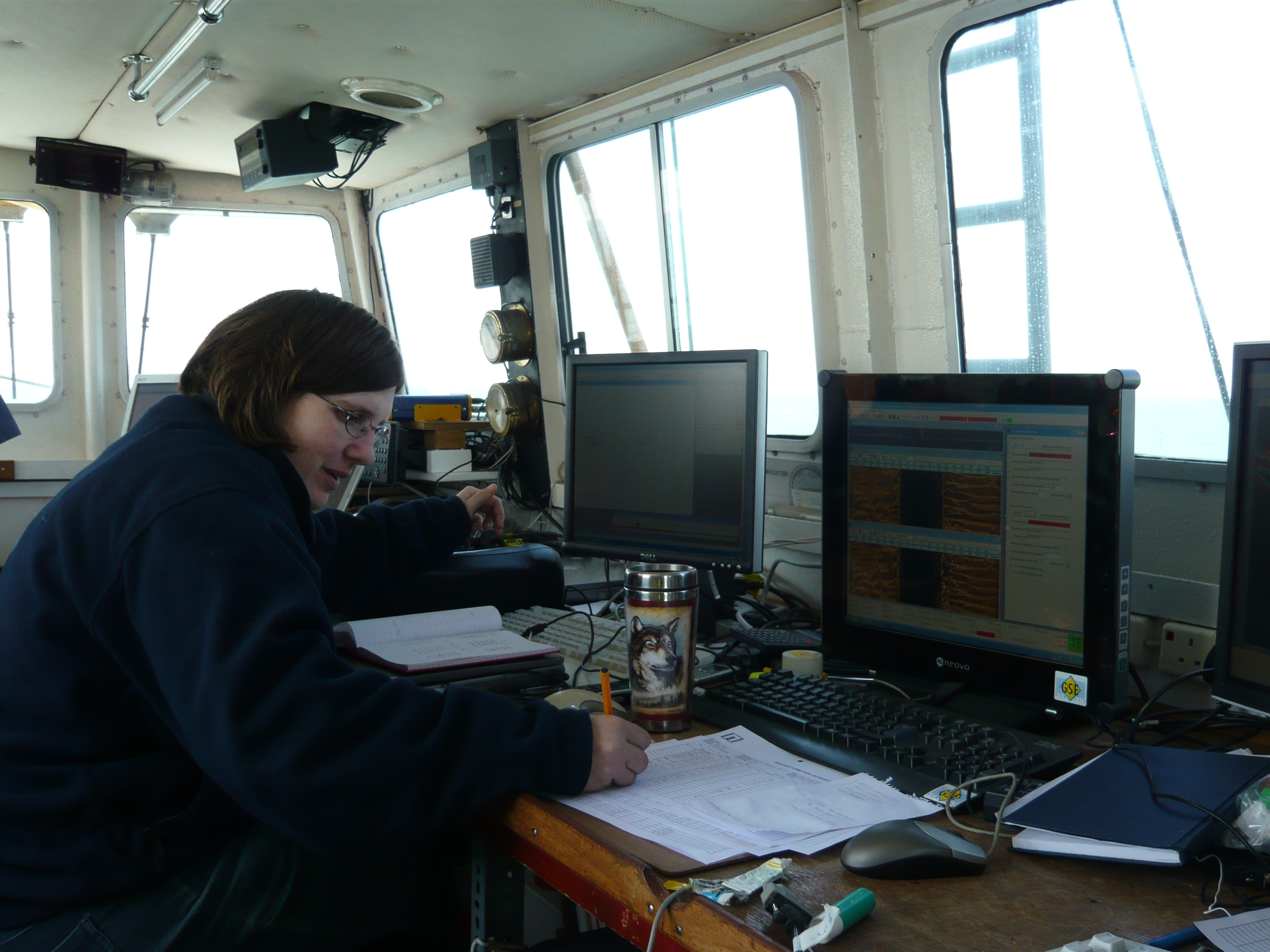All Categories
Featured
Table of Contents
Glad You Asked: What Are Seismic Surveys? in Woodlands Oz 2023
This work is significantly contracted out, so consultancies offer another source of employment. Consultancy firms differ in size, from extremely small companies to big multinationals. Some consultancies are quite specialised in using specific geophysical strategies or working in specific locations, while others provide a more diverse variety of services to their consumers.
The extraction of gas from land fill sites is another area of work and this might grow in the future. Exploration business may undertake work for building companies, public utility, mining business and ecological companies, so geophysicists may be utilized in any of these settings. Other companies include: geological surveysgovernment bodies and agenciesuniversities and research study institutes.


Vacancies may be listed in the oil and gas sector press. Recruitment is impacted by oil cost changes and the level of competitors for positions differs depending on this. Professions Days, which cover the complete series of geoscience careers and are usually gone to by a variety of key market companies, are run by The Geological Society.
Geophysical Survey - An Overview in Bedford WA 2023
A few of the large oil and gas business provide a complete two-year structured training programme across the breadth of geophysics, including the opportunity to experience work in numerous teams before specialising in one area. Your training may consist of deal with: existing wellsmagnetic and gravitational possible field information analysisresearchrock analysis. It's more normal for your initial training to be supplied on the task.

There may be a probationary period during which you work alongside an experienced coworker. Competency-based appraisals occur regularly in many firms. In smaller sized companies, and for scholastic posts, there is not likely to be any official training - you'll be anticipated to begin work straightaway and pick up skills as you go along.
If you work for a smaller company, you might discover that you need to take obligation for arranging and funding your own advancement and training. If you have a geology degree, membership of The Geological Society can be useful for networking and for maintaining to date with the industry.
Geophysicist in Kenwick Western Australia 2022
You may also find it helpful to join the PESGB (The Petroleum Expedition Society of Great Britain, which has a geophysics unique interest group. After a probationary period, and as soon as you have actually gained some experience, you might advance to senior geophysicist, then group leader and after that into a senior function in management.
The ease of movement between roles depends on the business structure. Research study at Masters or Ph, D level in a subject related to geophysics or geosciences may assist with your career advancement and progression. The work market within the oil and gas market is very reliant on price and this might affect your chances for profession progression.
However, not all jobs depend on the oil and gas markets. For experienced geophysicists, freelance consultancy uses a good path for profession advancement. You can also specialise in a particular area of geophysics. As a geophysicist, you're likely to have numerous tasks throughout your working life. International movement is vital for handling peaks and troughs in various countries at various times.
Geology And Geophysics - Careers And Employment in Darlington Oz 2023
From geophysics, it's possible to concentrate on seismology (finishing additional training to end up being a seismic interpreter) or to move into associated areas such as engineering geology or risk forecast.
Choosing what to study in college is a difficult choice. Even if you know that your field of interest lies in science, what program of research study is right for you?
The first step to attaining your objective of ending up being a geophysicist is earning a degree. Even for entry-level positions in the field of geoscience, you'll require a bachelor's degree (a geophysicist college degree) from a recognized college or university. Geophysicists need to be able to: examine rocks, photos, and other pieces of information carry out research study both in the field and in labs produce maps and charts of their findings compose reports To accomplish all this, trainees need a specialized education for geophysicist professions.
As stated above, you'll require a bachelor's degree in geoscience or an associated discipline, such as a physical science or a natural science, to land an entry-level job. But students can likewise prepare by learning topics like: Biology Chemistry Computer system science Engineering Mathematics Physics The above geophysicist majors use a more generalized approach to a single scientific discipline, but many programs require trainees to take one or more geology course.
Table of Contents
Latest Posts
What Is Geophysics And What Do Geophysicists Do? in Butler Western Australia 2022
Geophysical Survey - Archaeological Research in Lockridge WA 2020
Geophysical Investigations in Kelmscott Western Australia 2023
More
Latest Posts
What Is Geophysics And What Do Geophysicists Do? in Butler Western Australia 2022
Geophysical Survey - Archaeological Research in Lockridge WA 2020
Geophysical Investigations in Kelmscott Western Australia 2023